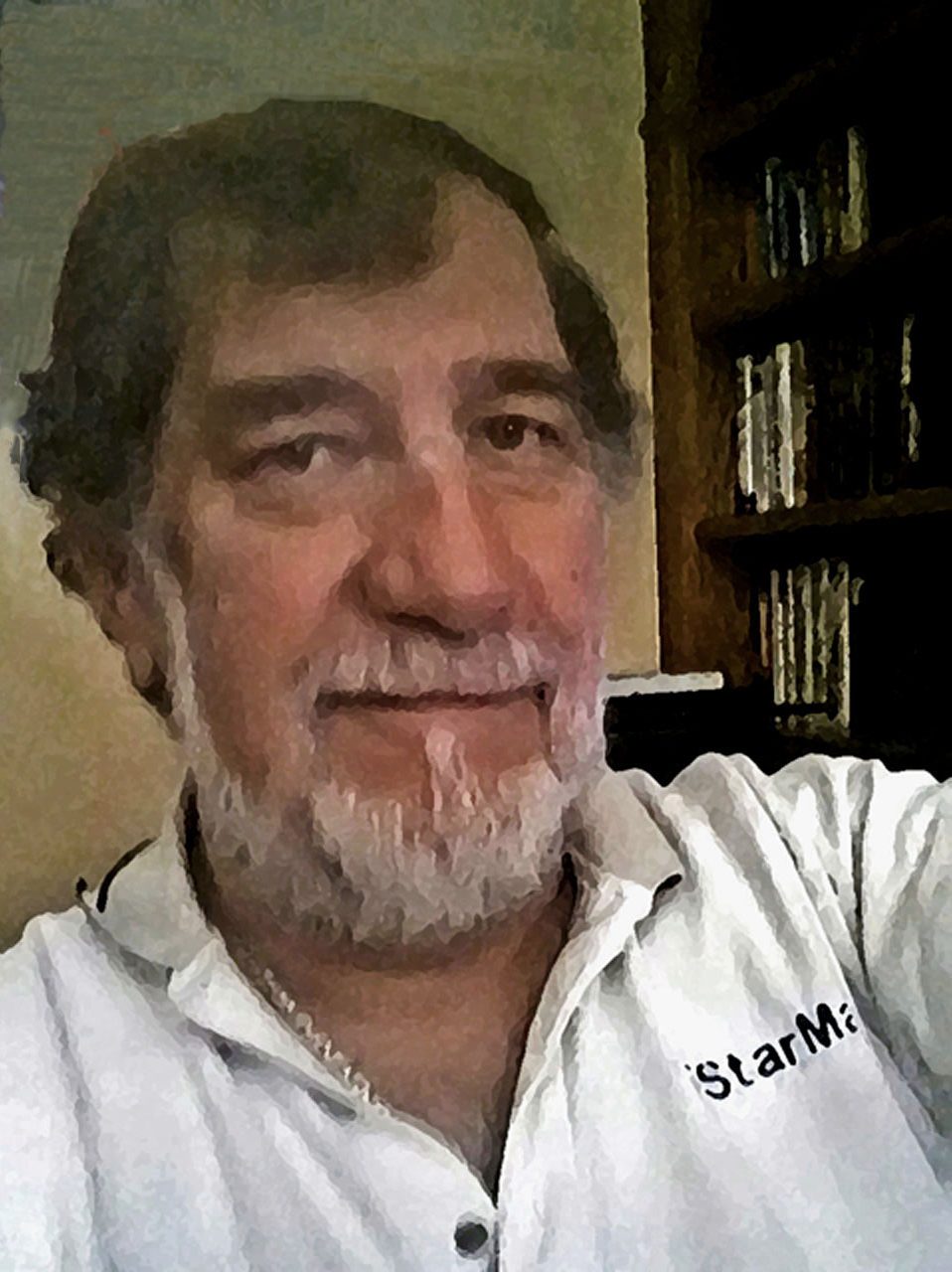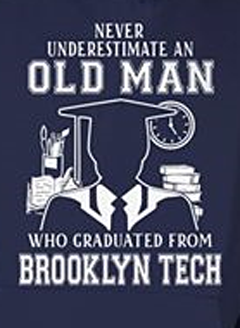“Mirror, mirror on the wall who’s the dishonest most of all? My owner, you are dishonest here so true, but the CAI clique is a thousand times more dishonest than you.”
The above paraphrasing of the Brothers Grimm fairytale, Snow White, sets the framework for this Commentary, which is the spread of misinformation and disinformation about HOA-Land. “Misinformation”[1] is misleading or false statements of the facts made innocently by the author. On the other hand, “disinformation”[2] is intentional misleading or false statements of the facts issued to advance a special interest agenda.
My reference to owner misinformation is based on countless posts, not all posts, on social media in which only part of the facts is revealed. Obviously, those the writer wishes to be made public, but hide material facts to permit an honest and objective evaluation of the content of the post. They create a harmful and damaging image of just bellyaching and gripes and not advancing a cause for reforms. I am disturbed by their unsupported allegations and cries — they lied, were not fair, judge is biased, etc.
There are also social media distributor/publisher websites that carry misinformation and often publish links that have been created to provide disinformation. These websites provide misinformation since many do not examine the content of the link.
The CAI “clique” — CAI chapters, the Research Foundation, the numerous lawyer advocates websites, shill associations like ECHO or CALL, and supportive HOA websites — provide outright disinformation that goes unopposed by homeowner rights advocates. As simple examples of its communications, the CAI clique continues to advertise that it represents homeowners and associations, that its primary function is education and not a trade group, to legislatures, the courts and the public. Disinformation is intentional misrepresentation!
. . . .
In general, nationally, disinformation can be found almost anywhere, and in particular in national politics. The national dynamics causing the spread of disinformation is explained by the author, Lee McIntyre; the causes hold true to disinformation in HOA-Land an important segment of our society.
“McIntyre explains how autocrats wield disinformation to manipulate a populace and deny obvious realities, why the best way to combat disinformation is to disrupt its spread. ‘On Disinformation’ lays out ten everyday practical steps that we can take as ordinary citizens—from resisting polarization to pressuring our Congresspeople to regulate social media—as well as the important steps our government (if we elect the right leaders) must take.”[3]
For advocates, the way to stop the disinformation is to educate first the advocates so they can educate the legislators and the public. The Findings, Section II, Education for Homeowners Associations and Board Members, of the South Carolina HOA study report (2015) to the SC General Assembly recommended,
“In order to provide accurate and readily available resources to educate homeowners, board members, and interested persons about the duties and responsibilities of property ownership in an HOA community, the General Assembly . . . to seek reliable and unbiased information available from private entities . . . and provide for published and online documents and programs offering HOA education . . . .”[4]
In 2021 I argued for the need for HOA-Land education by advocates.
“HOA Reformers are needed as educators to spread the facts about HOA-Land to the public in general; especially to the legislators, the media, the HOA boards, and to the universities and high schools. . . . The Plan first requires addressing the attitudes and views of BODs, the members, and the public in general. The conditioning and indoctrination by the biased views of the national pro-HOA special interest entity must be de-conditioned by a program of reorientation.”[5]
References
[1] Foundation for Individual Rights and Expression (FIRE).
[2] Id.
[3] Lee McIntyre, On Disinformation: How to Fight for Truth and Protect Democracy (2023).
[4] “Study On Homeowners Associations”, Luke A. Rankin, Chair, South Carolina General Assembly (December 18, 2015).
[5] HOA Reformers needed to educate (2021).





